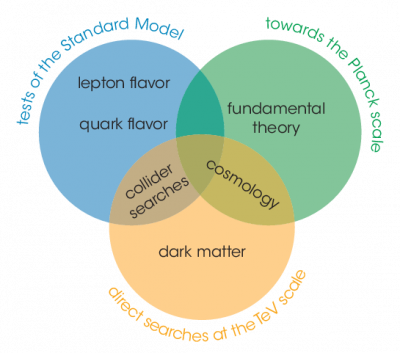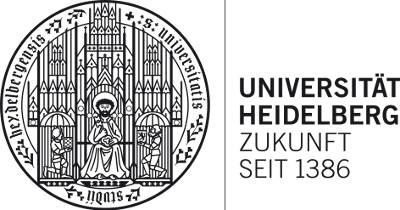In the coming years the Large Hadron Collider as well as several astrophysical and cosmological
experiments will provide a unique opportunity to reshape our most fundamental understanding of
particle physics. The recent Higgs discovery has confirmed our great hope that also electroweak
 symmetry breaking can be described in terms of a weakly interacting gauge theory. Its fundamental
impact is that we know now that such a theory of the electroweak scale can be extrapolated to more
fundamental energy scales, linking the TeV scale with observations that go beyond LHC searches.
The next challenge will be to embed dark matter in such a fundamental theory of particle physics.
symmetry breaking can be described in terms of a weakly interacting gauge theory. Its fundamental
impact is that we know now that such a theory of the electroweak scale can be extrapolated to more
fundamental energy scales, linking the TeV scale with observations that go beyond LHC searches.
The next challenge will be to embed dark matter in such a fundamental theory of particle physics.
Links between general tests of the Standard Model, direct searches for anomalies, cosmology, and high-scale theory structures have to enter, if the LHC era is to lead us towards a new Standard Model of particle physics that is valid beyond the weak scale and can evolve to high scales. The complexity of the expected signatures and their non-trivial relations among different fields mean we can only hope to reveal fundamental structures at the TeV scale in a close collaboration between theory, phenomenology and experiment.
Our research training group provides a vital scientific environment for doctoral students to perform their research in the field of experimental and theoretical particle physics with focus on advancing knowledge beyond the Standard Model. To this end we are aiming at combining three themes:
- general tests of the Standard Model,
- direct model-driven searches at the TeV scale, and the
- fundamental extension of the Standard Model towards the Planck scale.
The joint effort towards new physics beyond the Standard model is backed by the intense collaboration and scientific transfer between institutes of Heidelberg University and the Max Planck Institute for Nuclear Physics. In particular the research training group consists of
situated at Heidelberg.


